20 Parenting Rules That Are Changing in 2024
2024 parenting rules that look much different than they did a few decades ago.
- Sophia Zapanta
- 4 min read

Millennials are breaking the norm of how parenting should be done, moving away from old traditions, and bringing in new ideas. In 2024, these ever-changing parenting rules are essentials for your child’s growth and success.
1. Embracing Tech as a Tool
 Alena Darmel on Pexels
Alena Darmel on Pexels
Today, parents are encouraging children to use technology as a means of learning rather than prohibiting them. Thanks to the development of educational games, parents are readily looking for ways to develop the creative and critical thinking skills of their children.
2. Introduce Emotional Intelligence Early
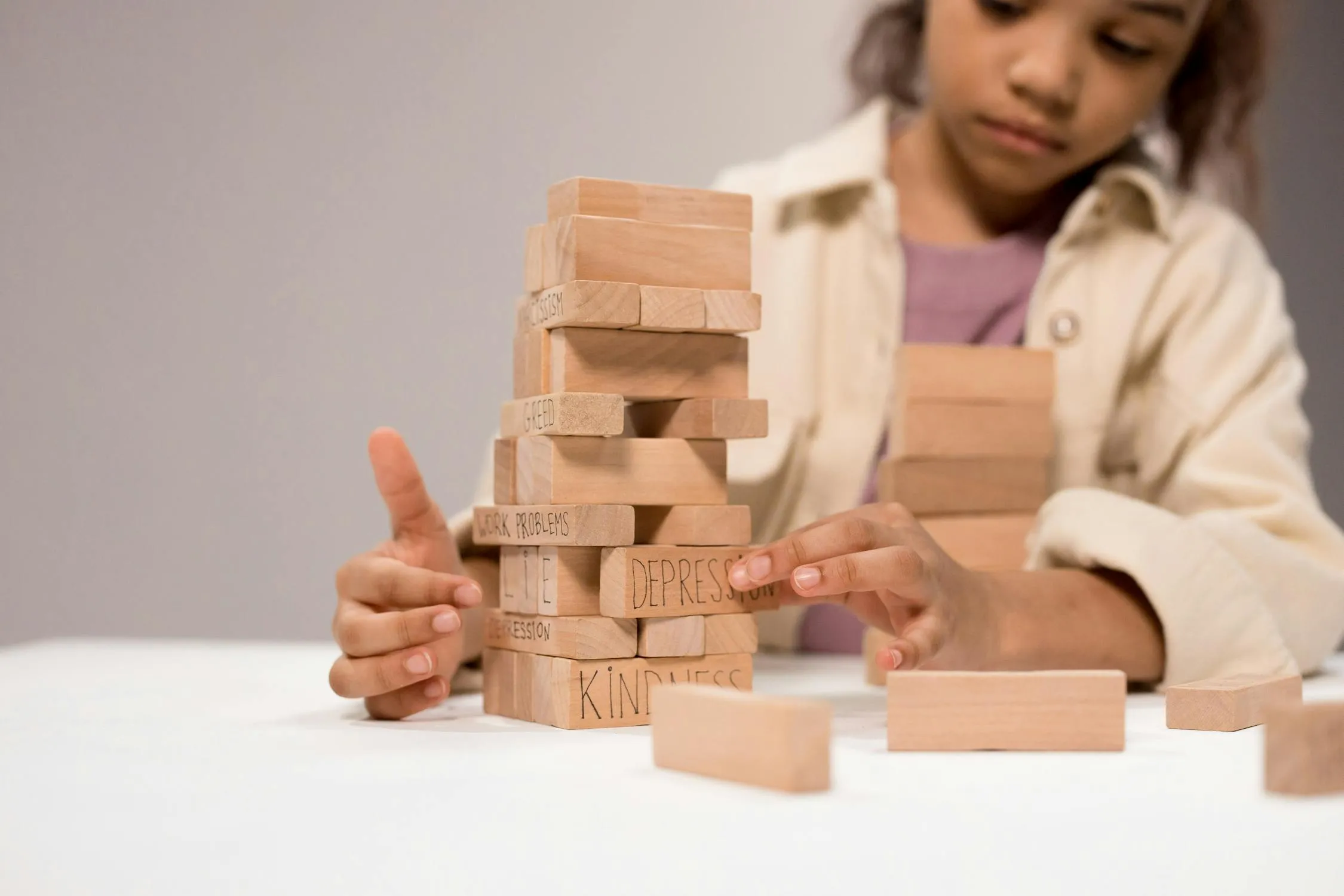 Ron Lach on Pexels
Ron Lach on Pexels
The importance of teaching children how to identify, label, and control their feelings is becoming more apparent. It is understood that emotional health is an equally important aspect of child development.
3. Attentiveness to Healthy Minds
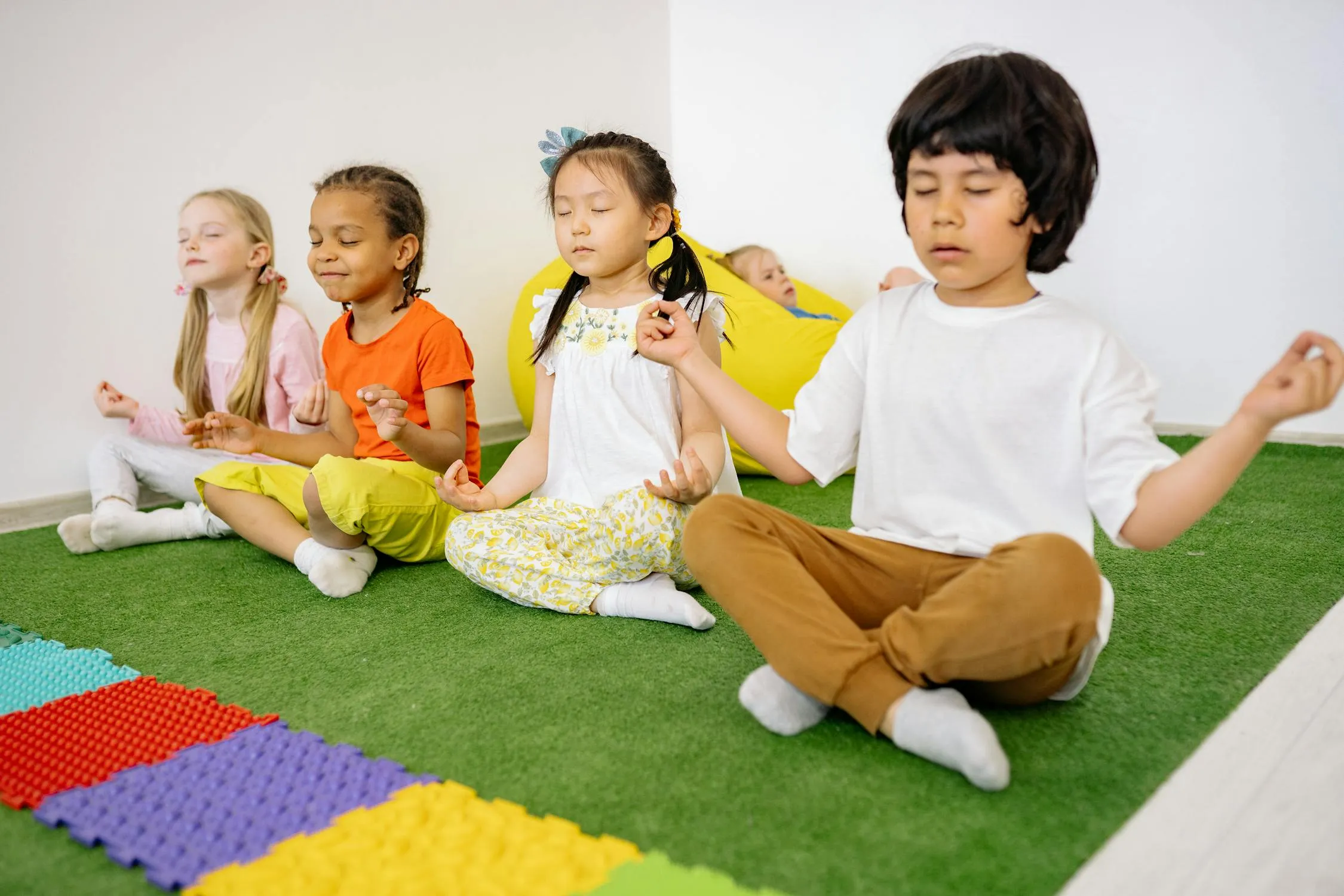 Yan Krukau on Pexels
Yan Krukau on Pexels
There’s an increasing concern about the mental well-being of children among parents, and they include practices such as mindfulness and therapy in the day-to-day activities of their children.
4. Independence in Decision-Making
 Cottonbro Studio on Pexels
Cottonbro Studio on Pexels
Parents are letting their children decide more things for themselves and taking ownership of such decisions at an early age.
5. Parenting without Gender Stereotypes
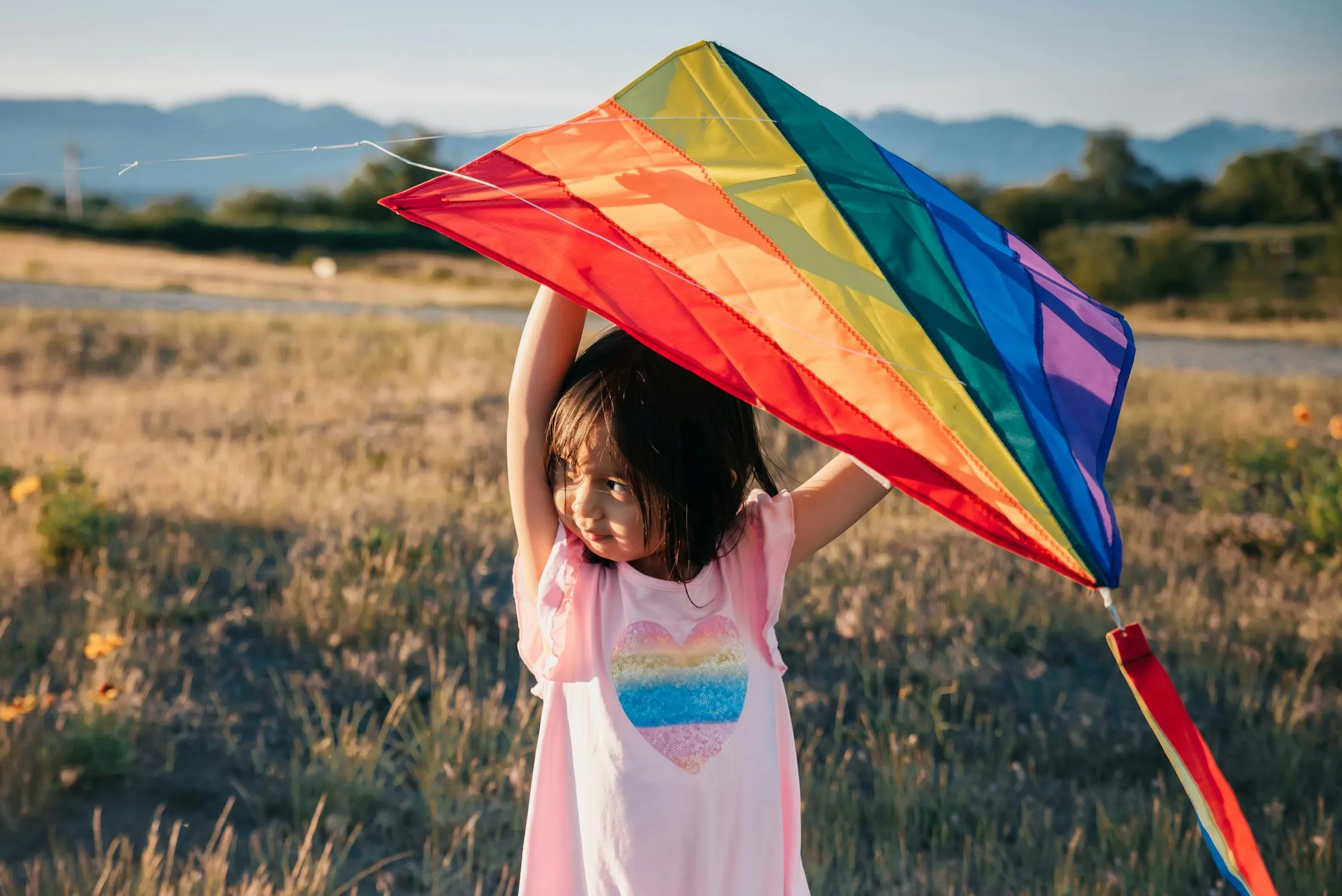 PNW Production on Pexels
PNW Production on Pexels
Recently, there has been a growing trend of using gender-neutral toys and playing roles, while parents have started letting kids be more interested without being restrained by gender expectations.
6. The Homework Debate
 Mikhail Nilov on Pexels
Mikhail Nilov on Pexels
Given recent research revealing the effects of doing homework to be consistent, parents demand less homework by expecting children to be more free and creative than sitting hours finishing an assignment.
7. Reducing Pressure to Achieve
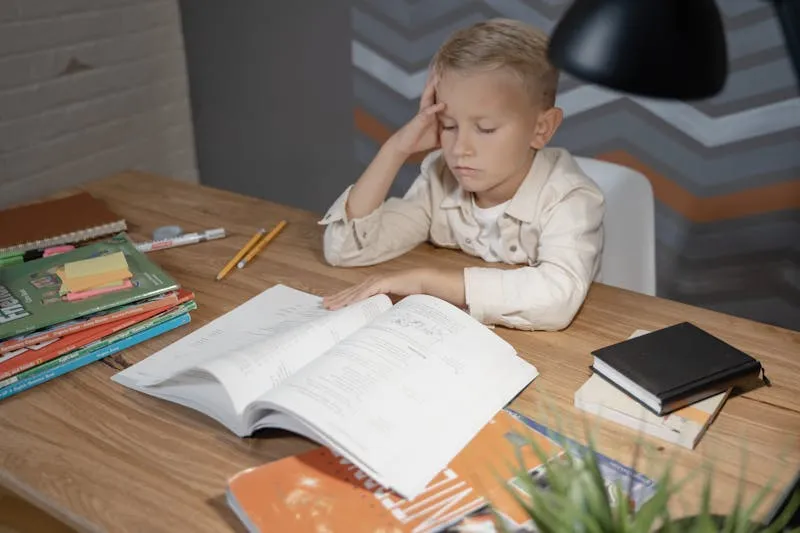 Tima Miroshnichenko on Pexels
Tima Miroshnichenko on Pexels
Parents are moving away from being fixated on grades and test scores as criteria for development, rather they focus on happy, whole human beings.
8. The Benefits of Failing
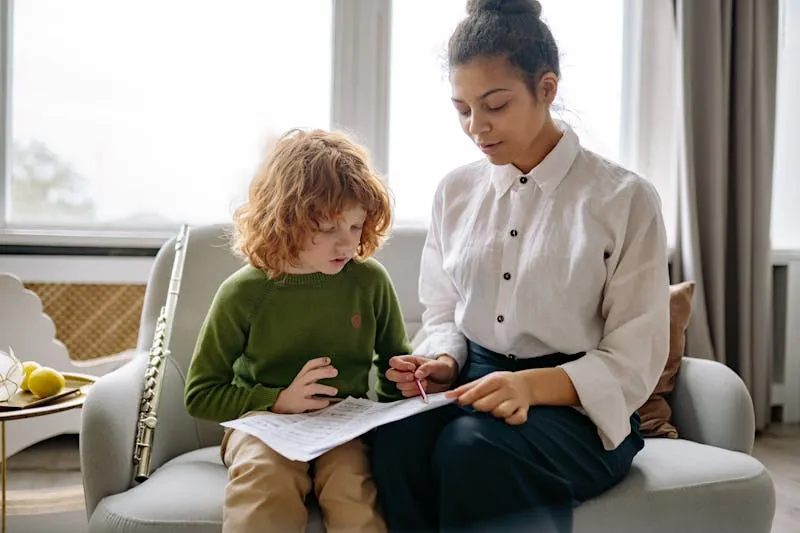 Yan Krukau on Pexels
Yan Krukau on Pexels
Children are increasingly being taught how to accept failure, as parents inform kids that growing up means accepting mistakes, forgiving oneself, and trying again.
9. Fitting in More Physical Activities
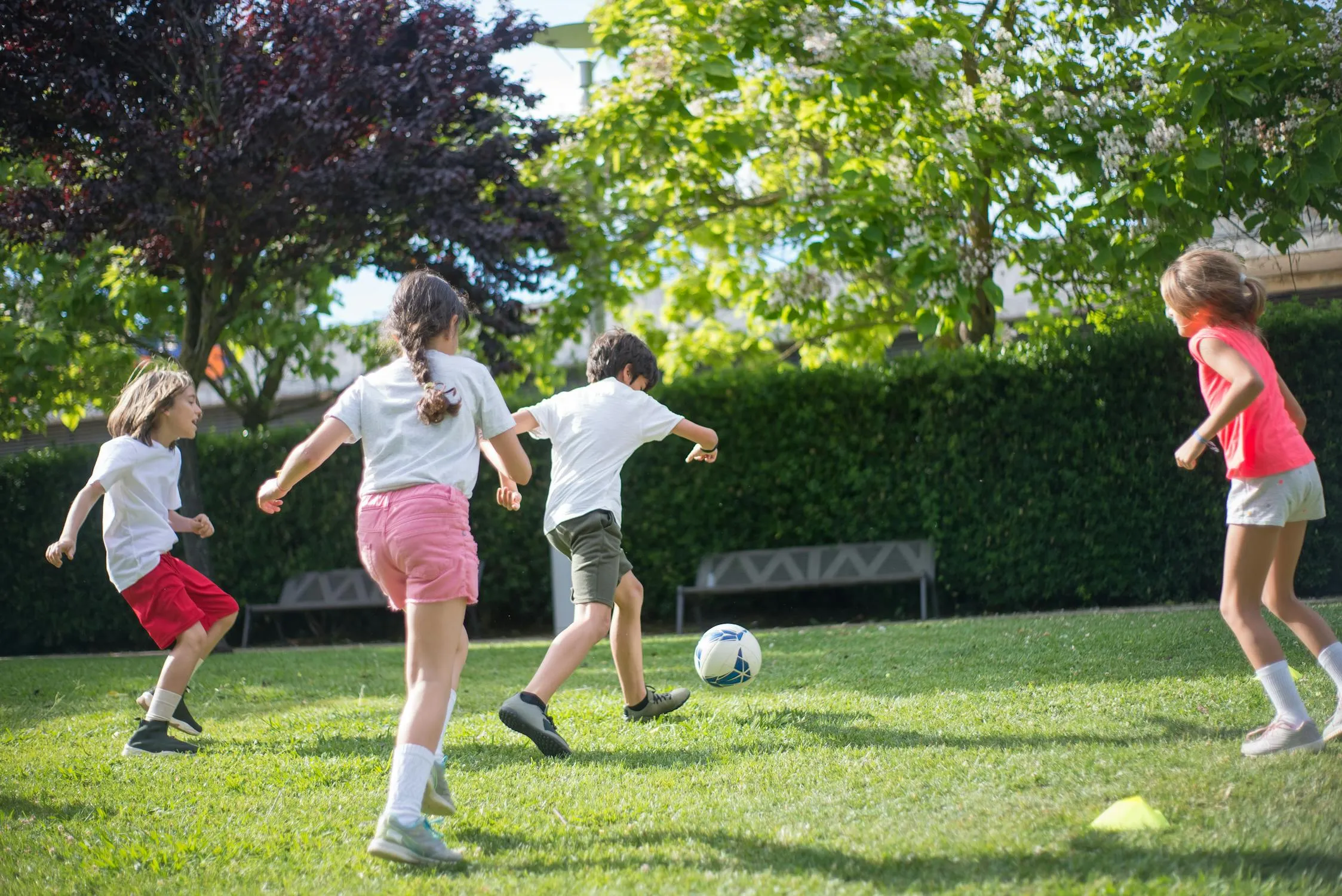 Kampus Production on Pexels
Kampus Production on Pexels
The reduction in screen time is now accompanied by encouraging a lot more physical play, which is considered important for general wellbeing as well as physical and mental health.
10. Social Media Savvy Parenting
 Kampus Production on Pexels
Kampus Production on Pexels
Instead of imposing bans on social networking, parents are raising their children to be responsible citizens of the internet who value their privacy and advocate digital detox.
11. Flexible Parenting
 Elina Fairytale on Pexels
Elina Fairytale on Pexels
The boundary between home and work seems to be becoming more relaxed and thus altering parenting ways and behavior. Today, many parents use hybrid scheduling to spend time with their kids more.
12. Positive Discipline Over Punishment
 Pavel Danilyuk on Pexels
Pavel Danilyuk on Pexels
Most parents nowadays are rejecting the old-fashioned methods of punishment ad prefer to encourage developmental behavioral change through positive and natural ways.
13. The Use of Technology in Parenting
 KATRIN BOLOVTSOVA on Pexels
KATRIN BOLOVTSOVA on Pexels
In recent times, parents have turned to online communities and virtual support groups for help and learning purposes, emotional or otherwise, quite often.
14. More Flexible Activities
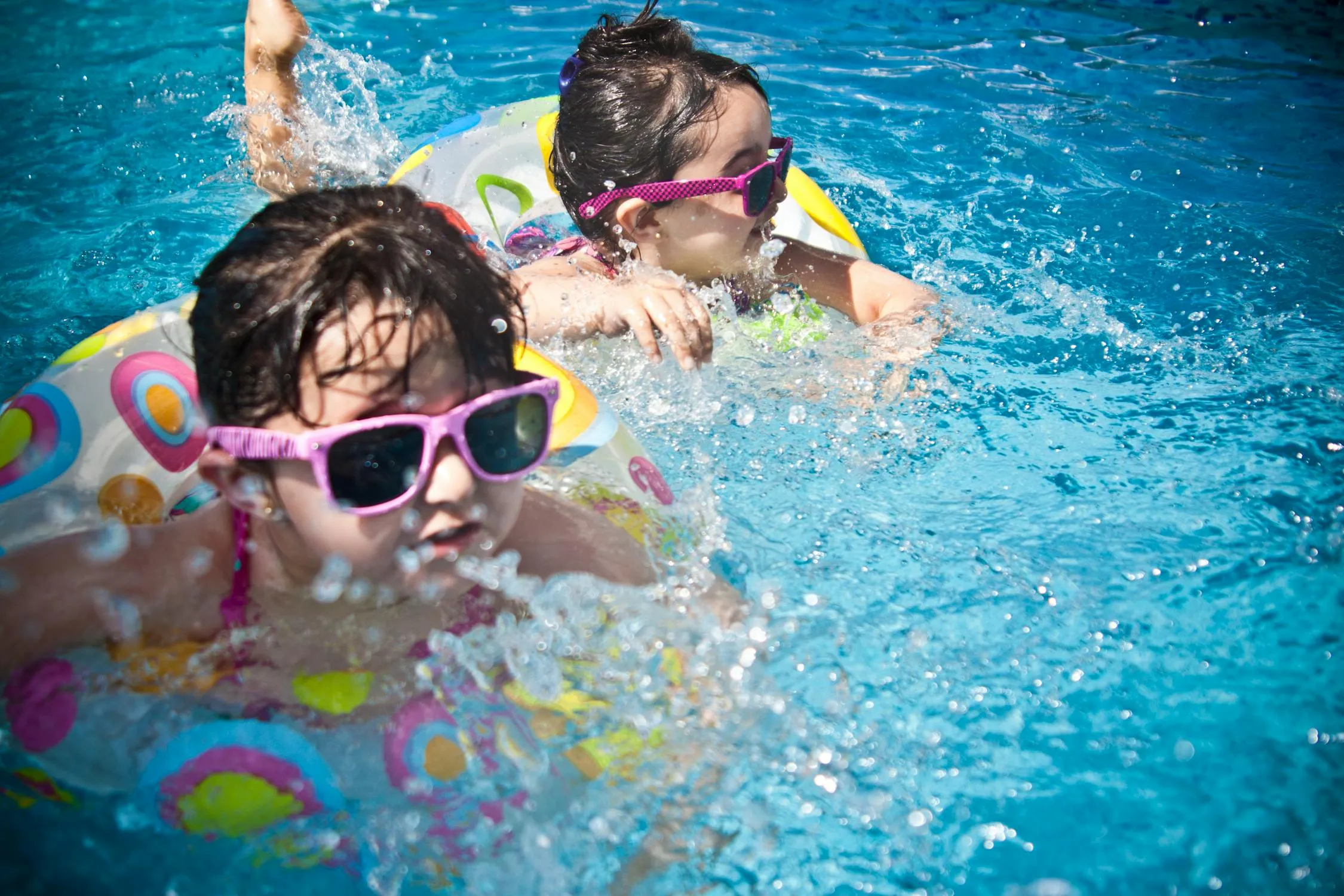 Juan Salamanca on Pexels
Juan Salamanca on Pexels
Earlier parents were very specific about which sport or activity to pursue and on which days, now more parents are letting their kids pursue whatever hobbies they want with less scheduling.
15. Focus on Healthy Eating Habits
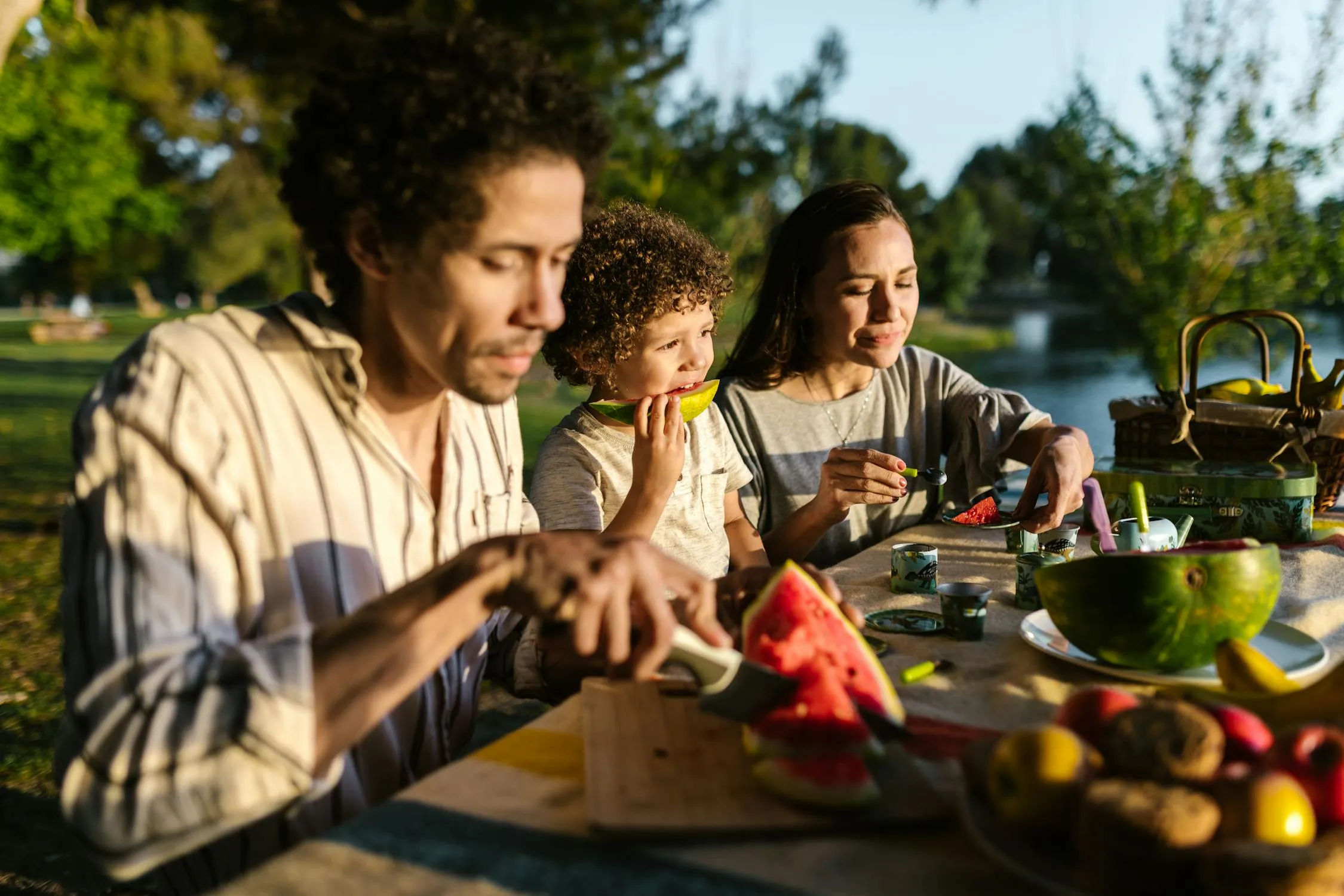 RDNE Stock project on Pexels
RDNE Stock project on Pexels
A growing number of parents are incorporating alternative protein sources and healthy food options into their children’s meals, looking at health in a balanced manner.
16. Adapting Parenting Style to Each Child
 Elina Fairytale on Pexels
Elina Fairytale on Pexels
Parents are learning to use selective parental practices that fit in with their children’s behavioral characteristics as they have learned that children have unique differences.
17. More Open Conversations About Puberty
 Julia M Cameron on Pexel
Julia M Cameron on Pexel
In 2024, parents have begun to speak about puberty, body image, and sexual health in an age-appropriate manner without instilling fear of these issues.
18. Promoting Cooperative Engagement
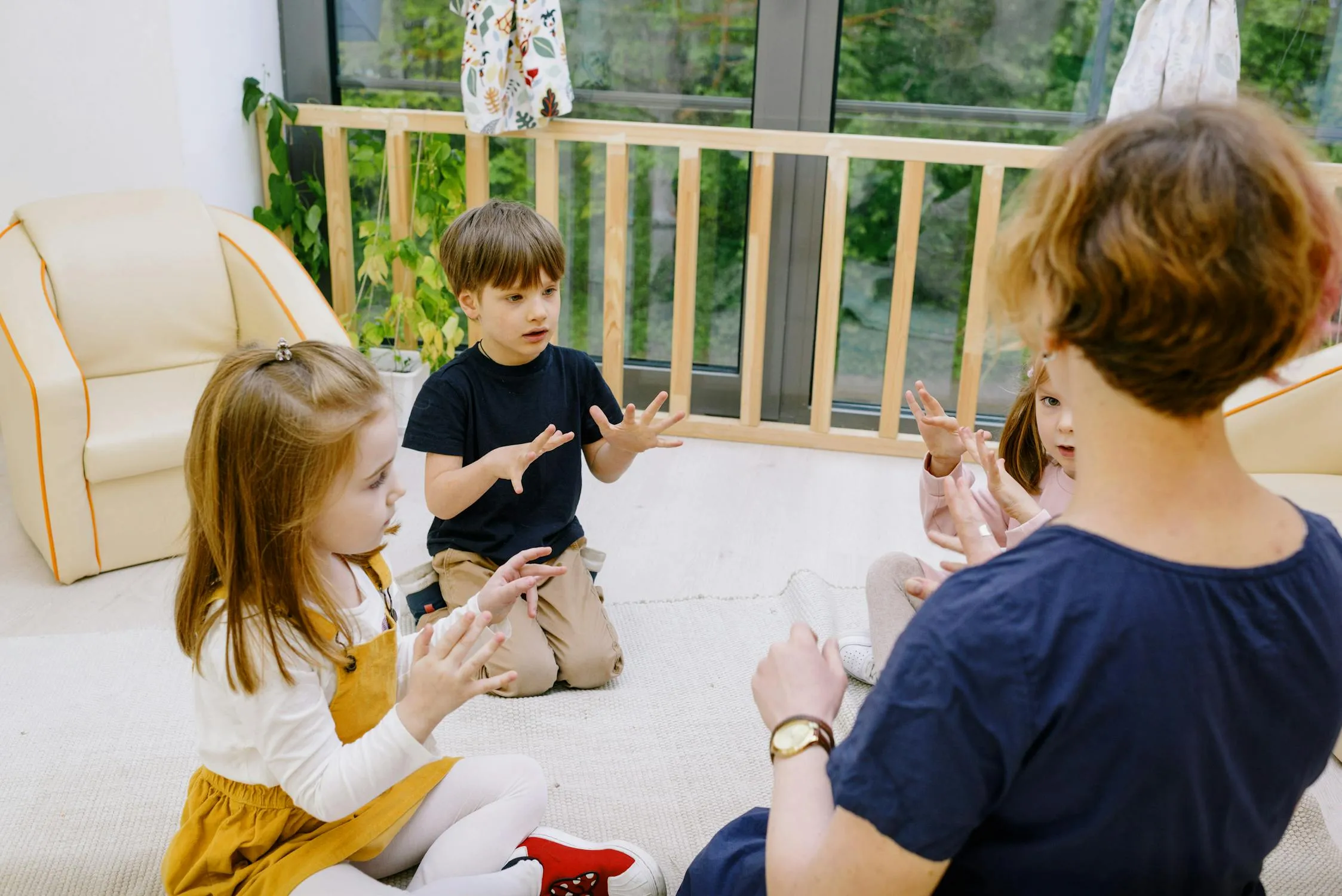 Ksenia Chernaya on Pexels
Ksenia Chernaya on Pexels
Parents are placing more value on cooperative play as well as other activities that develop communication and empathy rather than on competitive individual accomplishments.
19. Including Multiculturalism
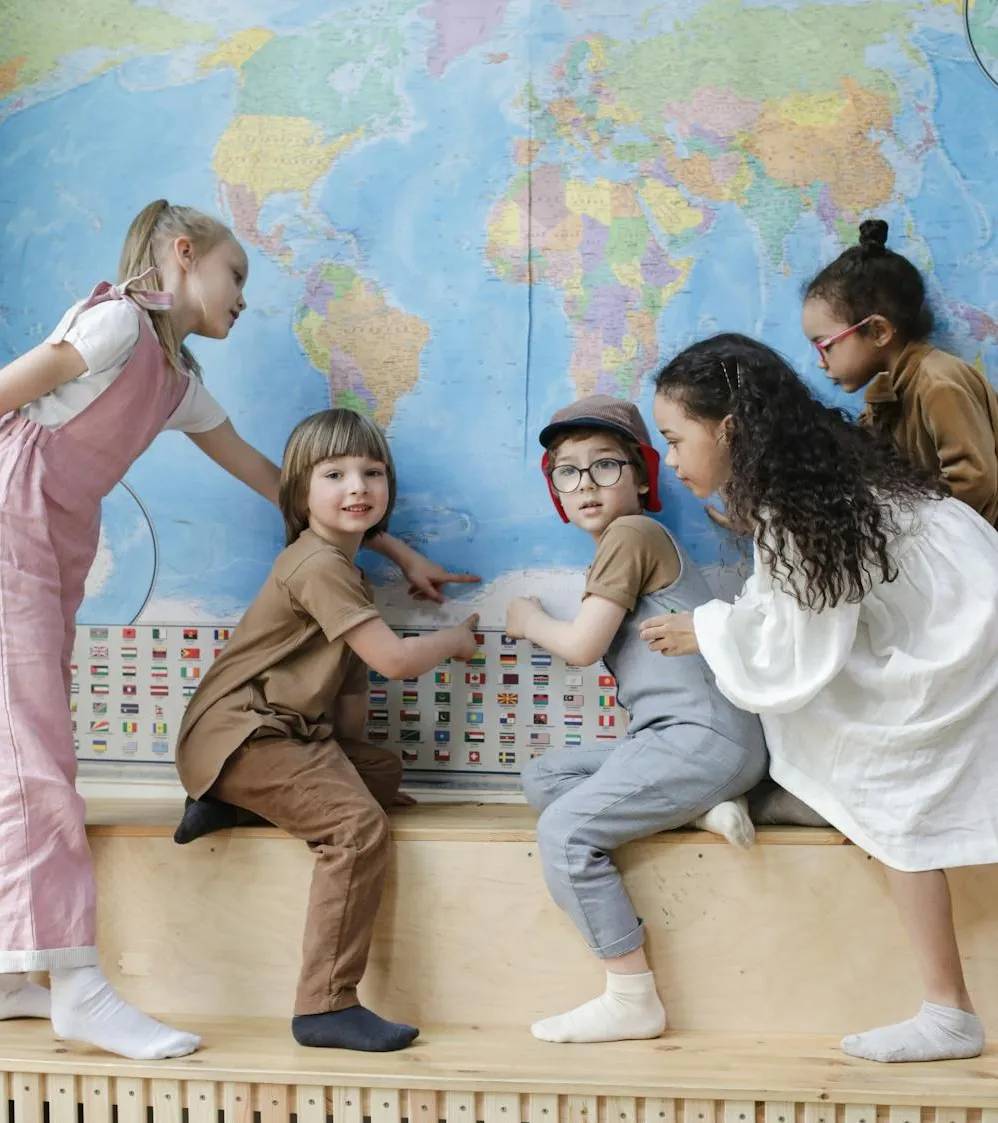 Ron Lach on Pexels
Ron Lach on Pexels
An increasing number of parents actively seek to ensure that their children’s exposure to other cultures, races, and experiences develops their ability to empathize and be inclusive.
20. New Approach to Family Time
 Samuel Peter on Pexels
Samuel Peter on Pexels
Cohesive activities that enhance bonding within families, such as cultural excursions and community service, are being integrated into leisure time as families are more innovative in how they spend time together.